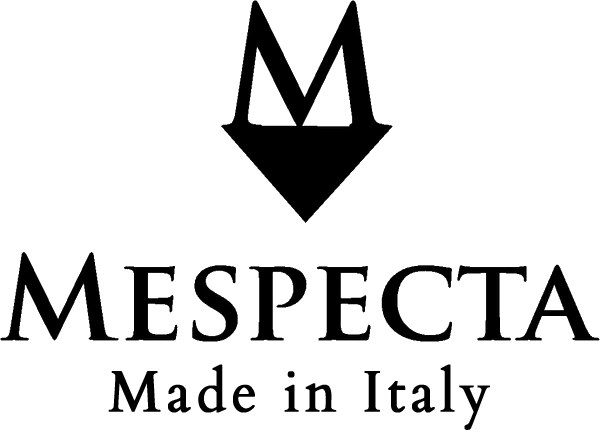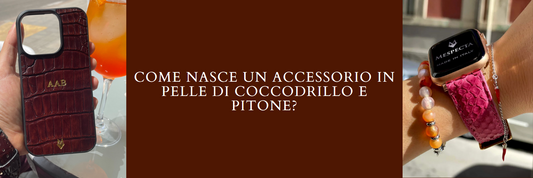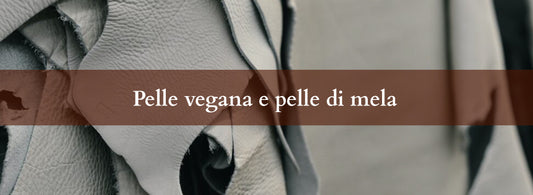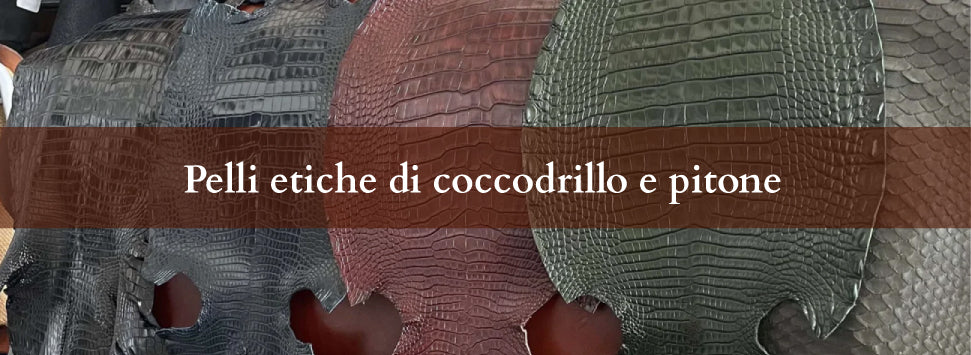
Exotic crocodile and python skins: can we define them as ethical?
Share
Python crocodile skins and other exotic animals are ethical, here's why
“Buy a crocodile bag and you'll save five more”
Daniel Natusch
World Union for Conservation of Nature (IUCN) biologist
Not everyone knows that, unlike plastic and many other materials used in the world of fashion, leather is undoubtedly the most sustainable and ethical material.
Let's start from the term "exotic ", a central definition in responding to people's doubts.
By exotic we mean all those skins that come from exotic places far from us, mainly Asia but also Africa , Latin America and the USA.
Florida , for example, is considered the state with the largest number of alligators, a record held exclusively thanks to the large presence of farms on its territory that preserve the species.
For us Europeans, crocodiles, pythons and alligators are distant animals, well known in leather goods for always being the most valuable leathers.
So, is the use of exotic leathers ethical?
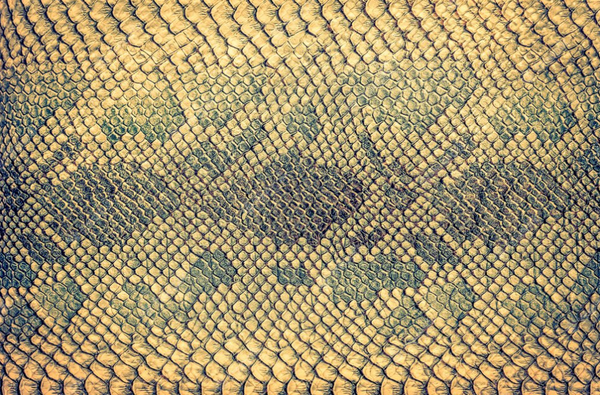
The answer is one: Yes.
Exactly as with the skins of the animals closest to us, cattle, which are raised both for their meat and for the processing of their skin, the same happens for exotic animals.
The first impact of farming, in fact, is always food. This happens not only in Europe but also in Asia and in all those countries where breeding takes place not only for the production of leather goods, but above all for the food use of their meat .
Exotic skin: what benefits?

In addition to the food factor, there are many other benefits from the processing of exotic skins.
Protection of species.
Let's take Louisiana as an example. In the US state, from 1960 to today, alligators have gone from being a species in danger of extinction to numbering from 3 to 4 million specimens in nature.
In Sri Lanka, on the other hand, where there are still no development and protection plans for the species, the crocodile appears to be in real danger of extinction. The already alarming picture becomes critical if we also consider the destruction of its habitat due to poaching.
From here a second benefit follows: the protection of natural habitats .
The policies for the protection of the species, in fact, also protect the natural territory which, in many cases, represents a real ecosystem with a very large carbon storage capacity which makes it possible to reduce the damage caused by tsunamis and floods.
But not only. The habitats of crocodiles and alligators, being very humid areas, are of fundamental importance for combating climate change.
A third benefit is had on local communities.

The exotic leather industry provides local communities with a sustainable source of income , based on traditional farming and resource management practices.
This makes it possible to counter precarious working practices, common in some Asian countries, characterized by the exploitation of cheap labour.
In conclusion
We have various beneficial effects for the environment and people:
- Diet
- Reduction of cemented areas for the creation of highly polluting factories (usually fast-fashion or similar)
- Protection and protection of animals at risk of extinction
- Protection and protection of natural habitats
- Guarantee of fairer earnings and stable working conditions for local populations
In addition to ethics, in this case we can talk about a concept of sustainability on a truly broad level that protects people and the environment.
